A comprehensive Residential Boiler market analysis reveals key trends and factors shaping the industry. The analysis highlights the increasing adoption of energy-efficient technologies and smart home integration in residential boilers. It also examines consumer preferences shifting towards environmentally friendly heating solutions. Additionally, the competitive landscape is analyzed, showcasing leading manufacturers and emerging players. Challenges such as fluctuating raw material costs and regulatory compliance are addressed, providing valuable insights for stakeholders looking to navigate the evolving market landscape and capitalize on growth opportunities.
The residential boiler market is experiencing steady growth, driven by increasing demand for efficient heating systems in homes and apartments. Boilers are central to residential heating, providing hot water for space heating and domestic use. With rising awareness of energy efficiency and environmental sustainability, homeowners are opting for modern boilers that consume less fuel while providing consistent comfort.
Market Drivers
Energy efficiency, government incentives, and rising disposable income are key factors driving the residential boiler market. Traditional heating systems are gradually being replaced by advanced condensing boilers, which can achieve efficiency levels of over 90%. The need to reduce carbon footprints has led to the adoption of eco-friendly solutions, including gas, electric, and hybrid boilers.
Urbanization and the development of high-rise residential complexes are also driving demand for centralized and efficient heating systems. Additionally, the trend of smart homes and connected devices is influencing consumer preferences, with homeowners opting for boilers that can be controlled remotely via mobile apps for optimized energy usage.
Technological Advancements
Technological innovations have transformed the residential boiler market. Modern boilers feature condensing technology, modulating burners, and smart thermostats that adjust heating based on real-time requirements. Integration with home automation systems allows for energy monitoring, predictive maintenance, and enhanced user control.
Hydrogen-ready boilers are emerging as a sustainable alternative, offering reduced carbon emissions without compromising performance. Furthermore, manufacturers are focusing on compact designs, quieter operation, and faster heating times to meet consumer demands for comfort and convenience. The introduction of hybrid systems, combining solar water heating with conventional boilers, is another trend shaping the market.
Regional Insights
Europe holds a significant share of the residential boiler market due to strict energy efficiency regulations and widespread adoption of condensing boilers. North America is driven by modernization of older heating systems and increasing focus on energy-efficient solutions. Asia-Pacific is emerging as a fast-growing market due to urbanization, increasing homeownership, and rising disposable income in countries like China, India, and Japan.
Challenges
High initial investment costs and maintenance requirements can restrict market growth, especially in developing regions. Limited awareness about advanced boilers and their benefits also hinders adoption. Additionally, fluctuations in energy prices and the need for compliance with environmental regulations can pose challenges for both manufacturers and consumers.
Future Outlook
The residential boiler market is expected to grow steadily, fueled by energy efficiency trends, technological advancements, and consumer demand for smart home solutions. Manufacturers focusing on low-carbon, high-efficiency, and connected boilers are likely to gain a competitive advantage. Increasing awareness about renewable energy integration and government incentives will further propel market growth, making residential boilers a key component of sustainable home heating solutions.
FAQs
Q1: What types of residential boilers are available?
Residential boilers include gas-fired, electric, oil-fired, condensing, and hybrid models designed for space heating and hot water supply.
Q2: How do modern boilers save energy?
Condensing technology and smart thermostats optimize fuel consumption, while hybrid systems and solar integration reduce energy usage significantly.
Q3: Are residential boilers suitable for apartments and high-rise buildings?
Yes, boilers are versatile and can be installed for single homes, apartments, or centralized heating in high-rise complexes.
More Related Reports:

